Our Blog

Electrical Needs of the Pharmaceutical Industry
The pharmaceutical industry’s operations require a highly reliable and stable electrical infrastructure to maintain product quality, safety, and operational efficiency across manufacturing, research, and controlled environments.

Electrical Solutions for the Food and Beverage Industry
The food and beverage industry requires reliable, efficient, and sustainable electrical solutions to ensure product safety, maintain operational efficiency, and control critical processes like temperature and sanitation.

Electrical Solutions for the Marine Industry
The marine industry demands robust, corrosion-resistant electrical systems for power generation, navigation, communication, and safety, while increasingly adopting sustainable solutions to withstand harsh conditions.

The Growing Demand for Electrical Products in the Agricultural Sector
Technological advancements driving precision agriculture, automation, and sustainable practices are significantly increasing the demand for electrical products within the agricultural sector.

Serving the Oil and Gas Industry: Electrical Distribution Challenges
The oil and gas industry faces complex electrical distribution challenges due to remote locations, harsh environments, hazardous areas, and the need for reliable power management.

The Electrical Needs of Rural Communities
Rural communities face unique electrical challenges regarding reliability, affordability, and access to modern services, necessitating targeted investments in infrastructure and renewable energy to ensure equitable development.
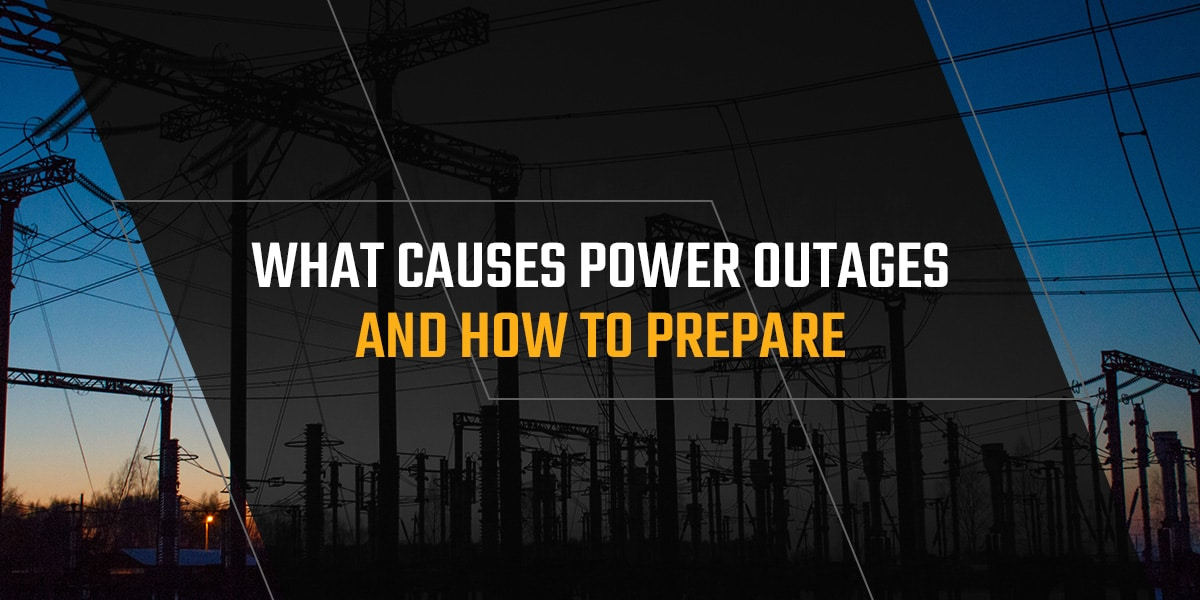
How to Handle Power Outages
Being prepared for power outages involves creating an emergency kit, knowing how to safely manage appliances during and after an outage, and staying informed until power is restored.
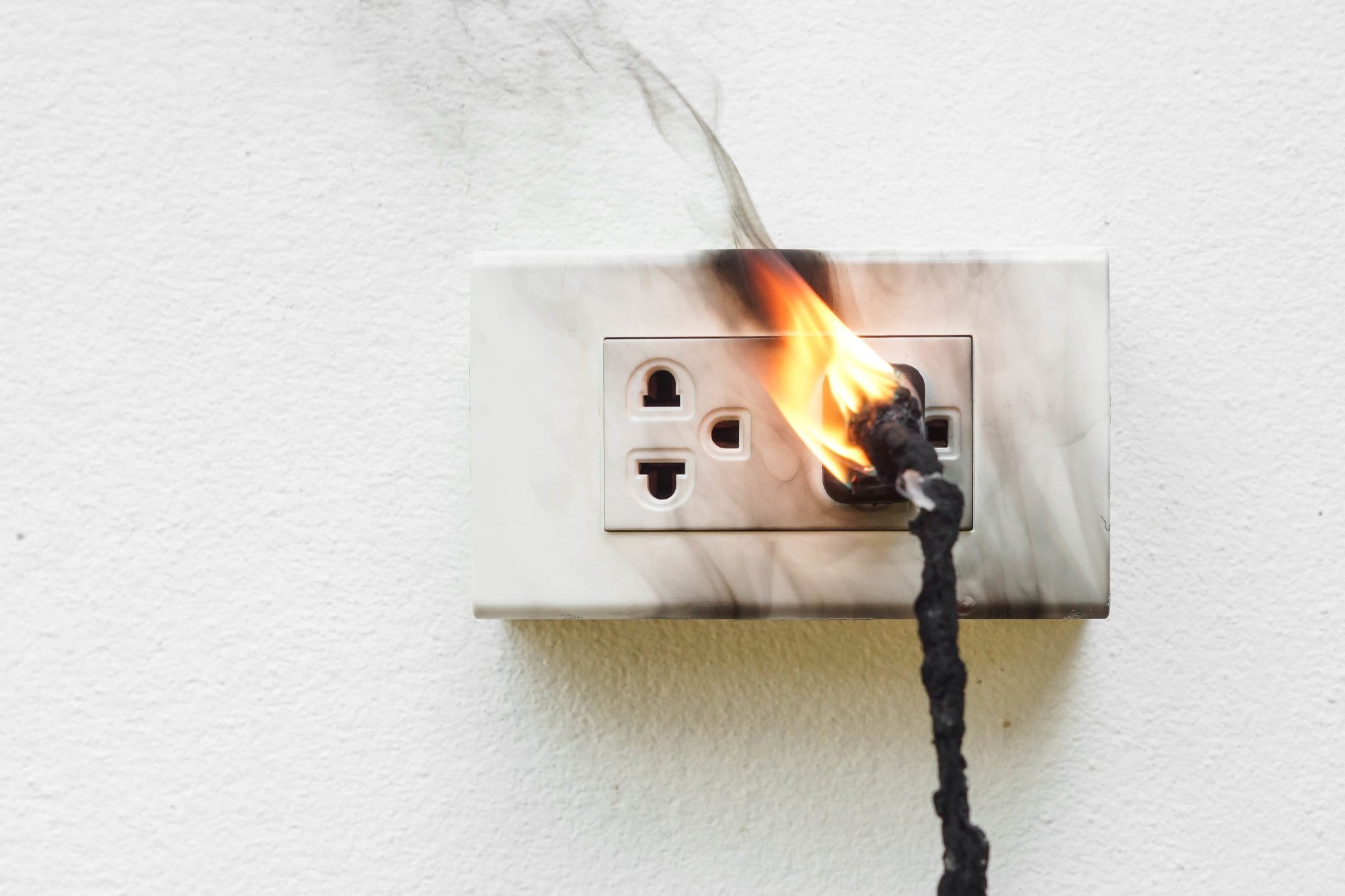
How to Prevent Electrical Fires
Preventing electrical fires requires vigilance, regular maintenance, and smart practices like avoiding overloaded circuits, maintaining wiring and appliances, and installing safety devices.
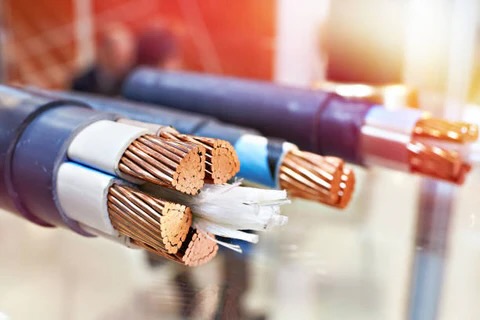
How to Choose the Correct Size of Electrical Wire
Choosing the correct electrical wire size involves considering amperage, wire length, and electrical codes to ensure safety and prevent overheating or voltage drops.
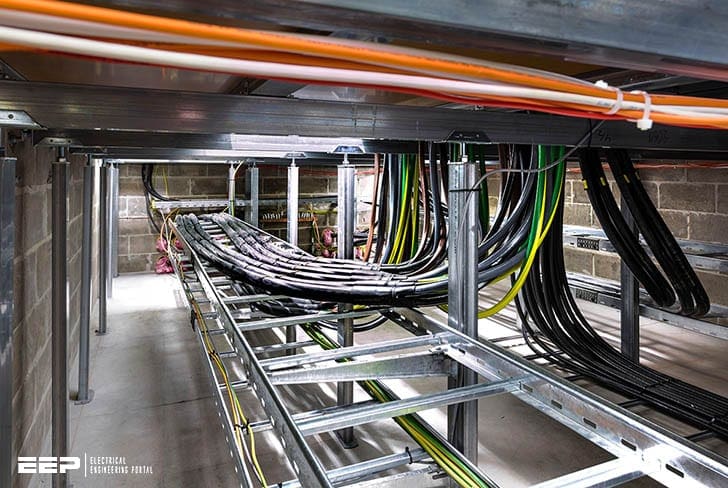
Addressing Voltage Drop Issues in Long Cable Runs
Voltage drop in long cable runs can be mitigated by increasing wire gauge, using higher voltage systems, employing parallel cables, and ensuring proper connections.

Finding Energy-Efficient Solutions for Your Customers
Providing energy-efficient solutions involves understanding customer needs, educating them on benefits, staying updated on technology, offering incentives, and providing ongoing support.
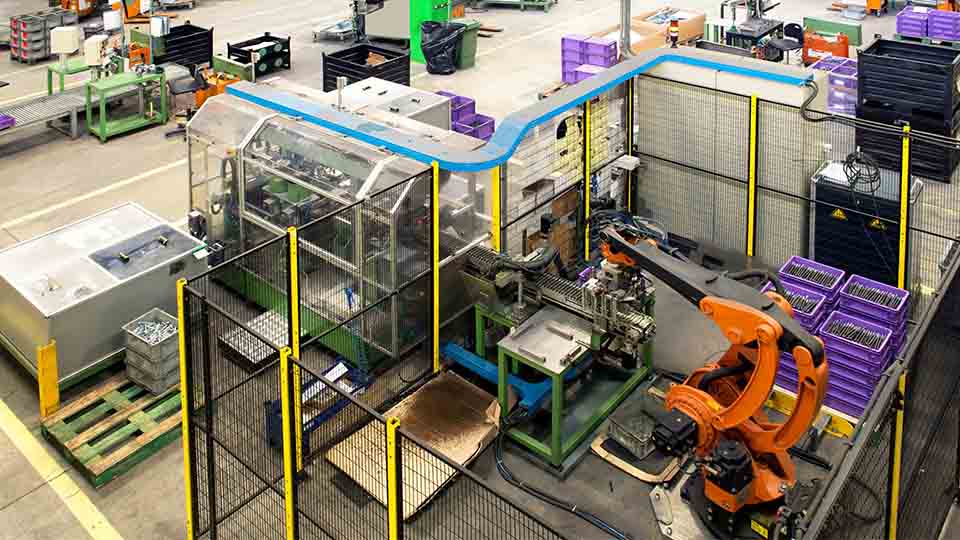
How to Prevent Electrical Downtime in Manufacturing Facilities
Preventing electrical downtime in manufacturing requires proactive measures like preventative maintenance, robust system design, monitoring, rapid response planning, power quality solutions, and a strong safety culture.
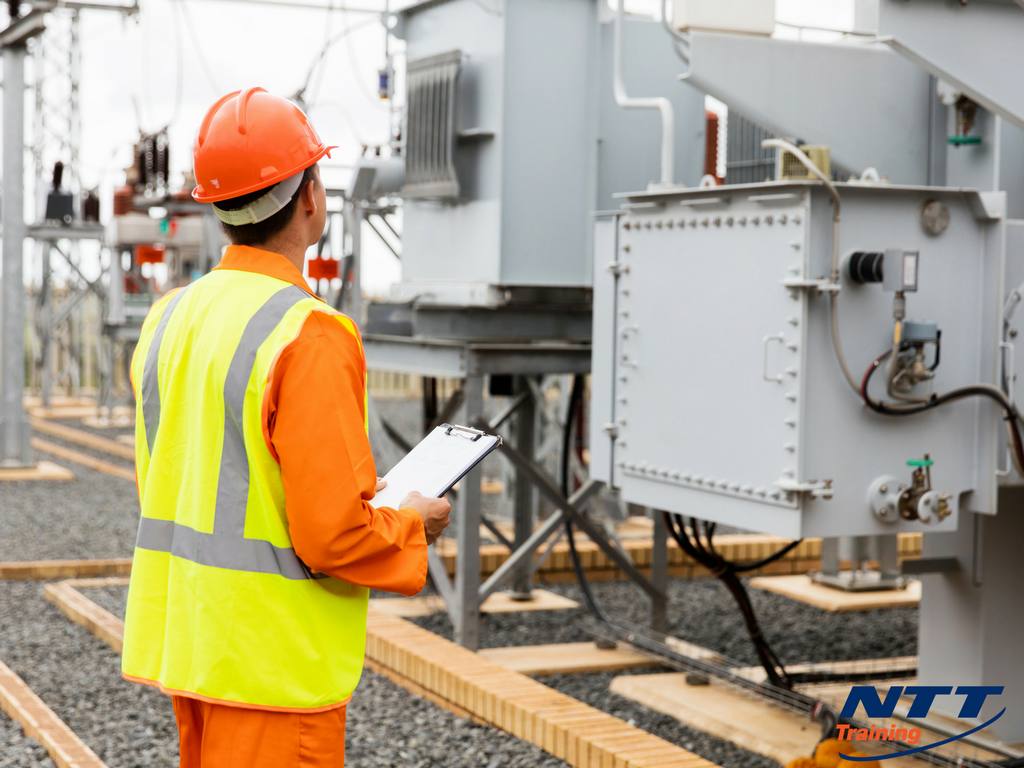
Troubleshooting Common Electrical Problems in Industrial Settings
Troubleshooting common electrical problems in industrial settings requires a systematic approach to diagnose and resolve issues like voltage drops, tripped breakers, motor control problems, ground faults, and power quality issues, ensuring minimal downtime.
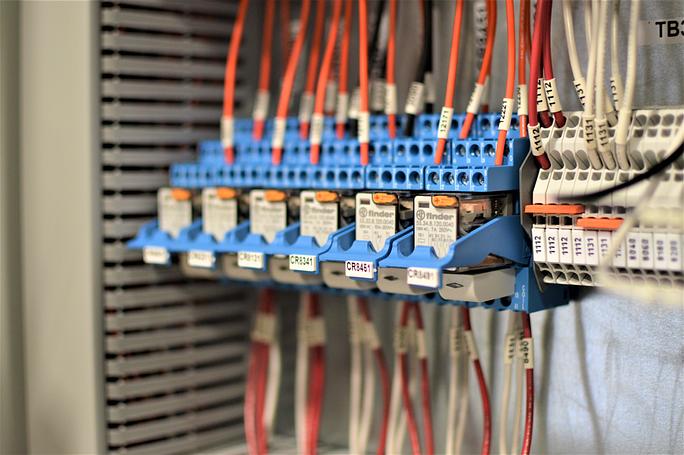
The Benefits of Using Industrial Relays
Industrial relays offer benefits like isolation, flexibility, reliability, enhanced safety, and cost-effectiveness for controlling and switching electrical circuits in industrial settings.
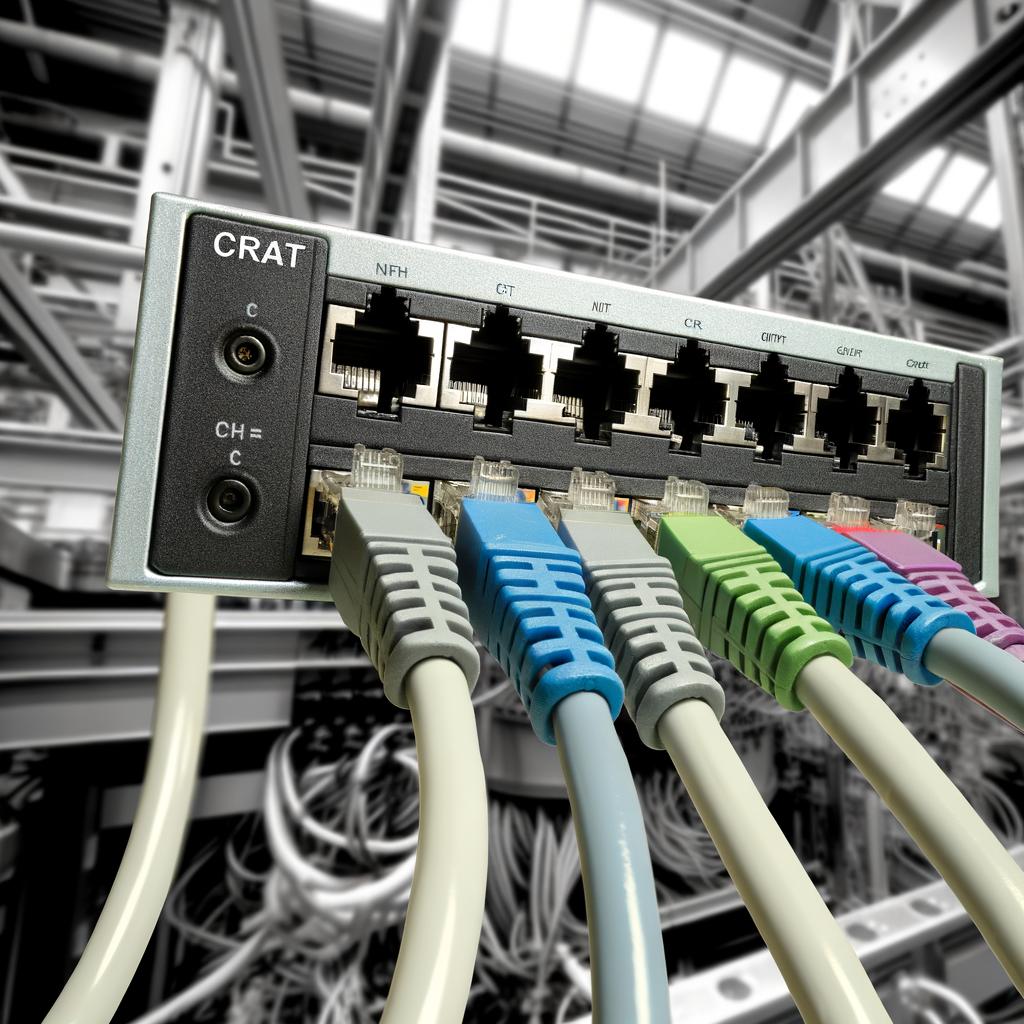
The Benefits of Using Ethernet Switches in Industrial Settings
Ethernet switches in industrial settings enhance communication, reliability, security, and management through deterministic communication, redundancy, advanced security features, and remote monitoring capabilities.
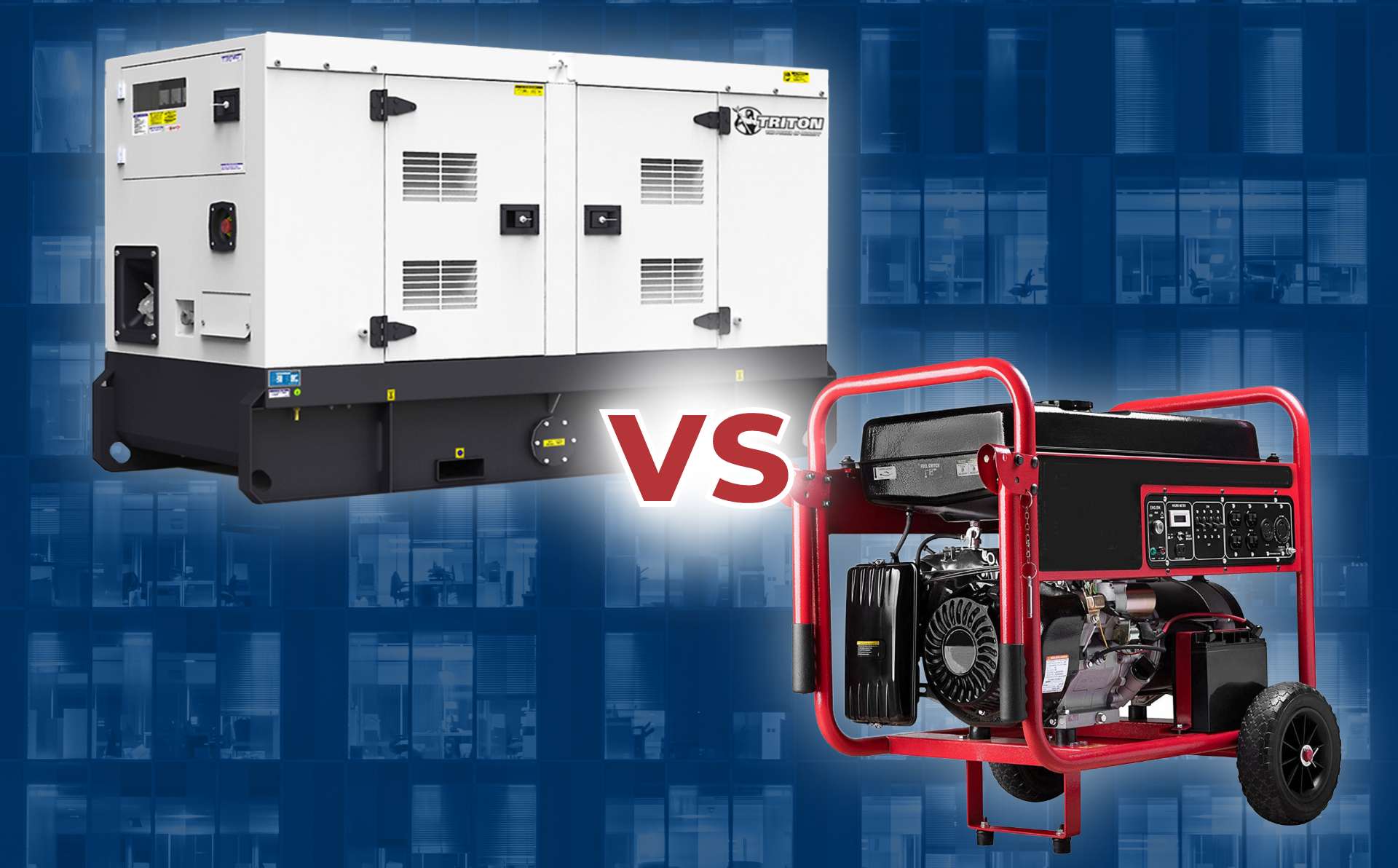
How to Select the Correct Type of Generator
Choosing the right generator involves assessing power needs, considering application and portability, selecting the appropriate fuel type, and evaluating features and specifications to ensure reliable power backup.

Understanding the Benefits of Energy Monitoring Systems
Energy monitoring systems provide real-time data and analytics to optimize energy consumption, reduce costs, and promote sustainability.
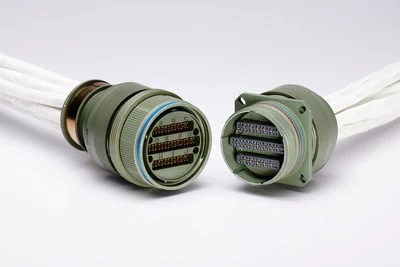
A Guide to Selecting and Installing Industrial Connectors
Selecting and installing industrial connectors requires careful consideration of application requirements, connector type, contact materials, proper installation techniques, thorough testing, and ongoing maintenance to ensure reliable connections.
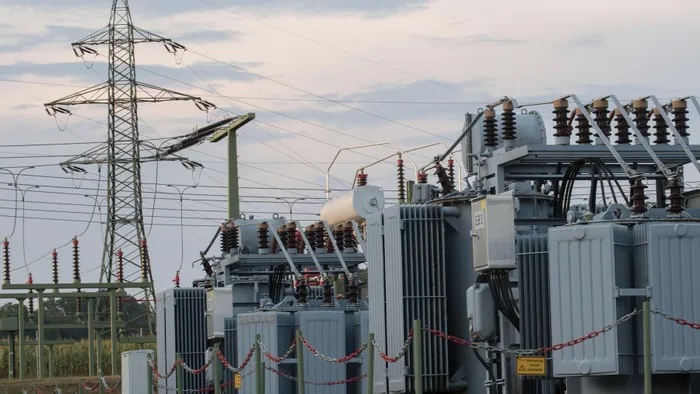
Choosing the Right Transformers for Your Application
Choosing the right transformer involves carefully matching voltage and power requirements, considering the application environment, frequency, winding type, and necessary features and certifications for safe and efficient power conversion.
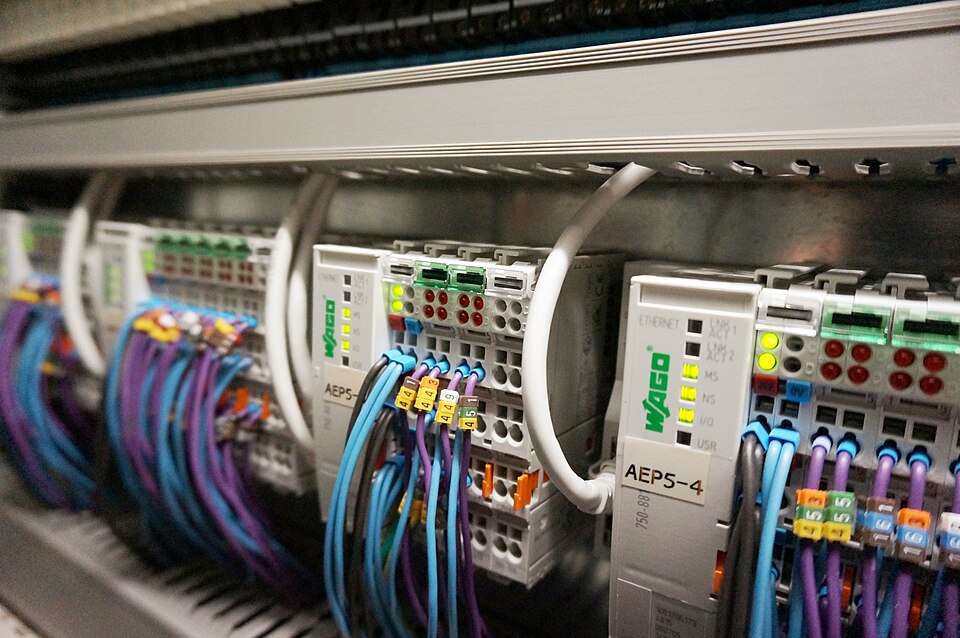
The Advantages of Using Programmable Logic Controllers (PLCs)
PLCs offer industries flexible, reliable, and cost-effective automation through programmability, durability, diagnostic capabilities, system integration, and reduced downtime.
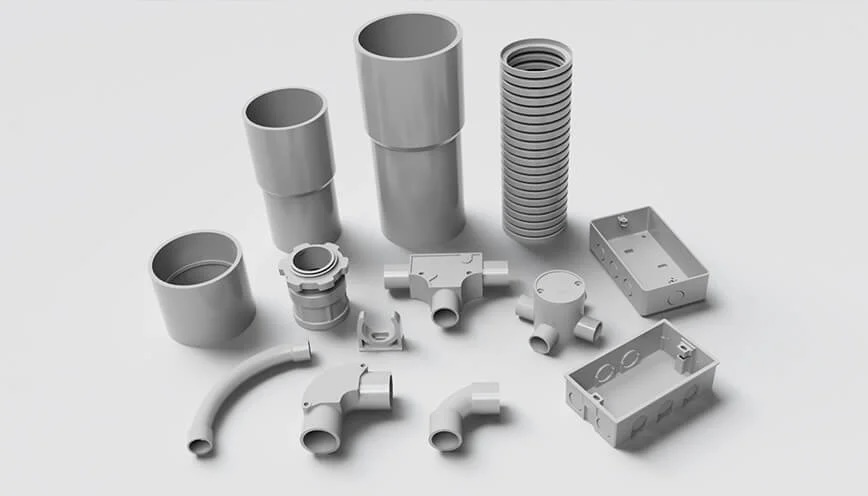
Selecting the Right Conduit and Fittings for Your Project
Selecting the right conduit and fittings involves matching material and size to environmental conditions and wiring needs, and ensuring proper installation for a safe and reliable electrical system.
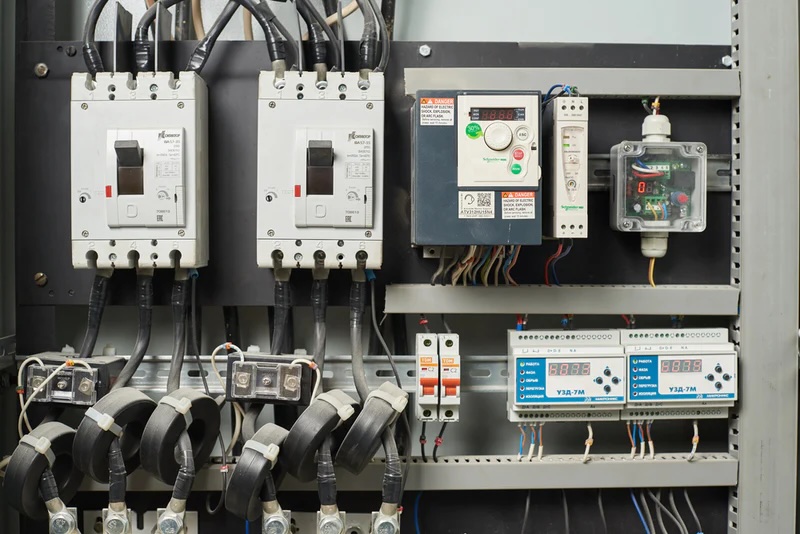
Understanding the Different Types of Electrical Panels
Understanding the different types of electrical panels, from residential breaker and fuse panels to industrial MCCs and distribution panels, is crucial for ensuring safe and efficient power distribution.

